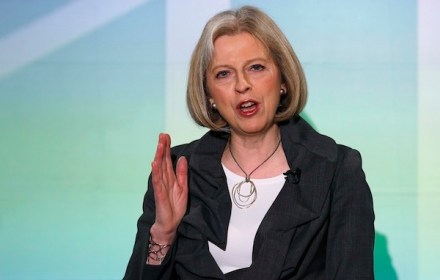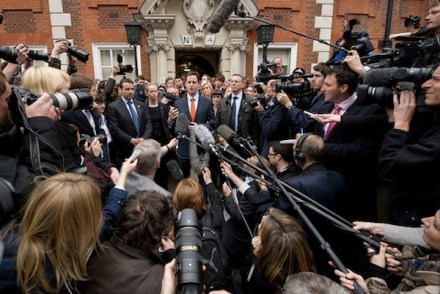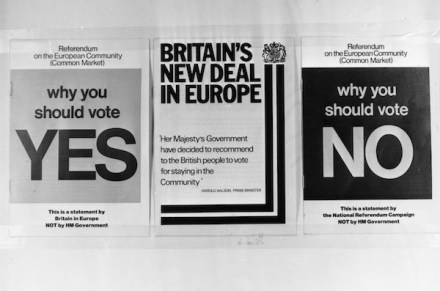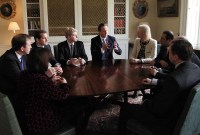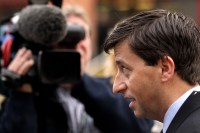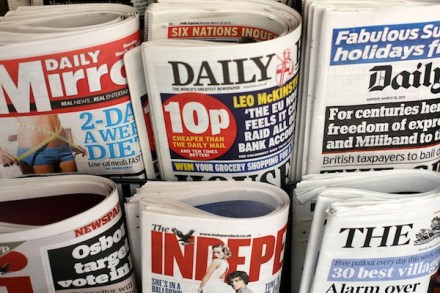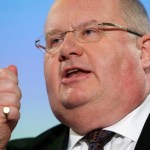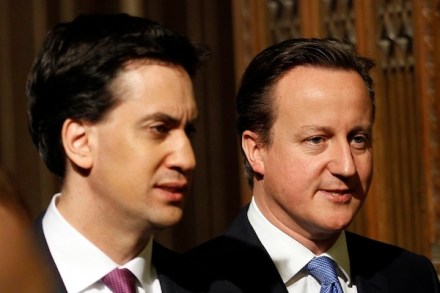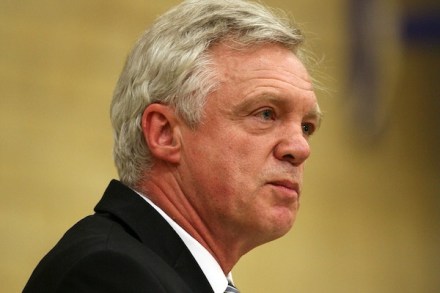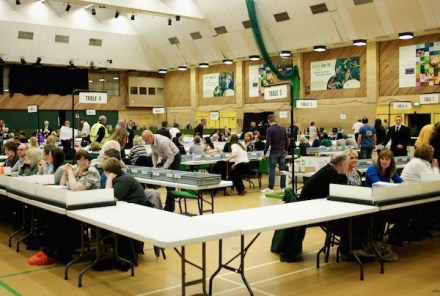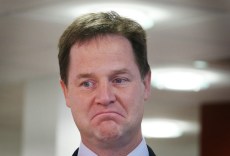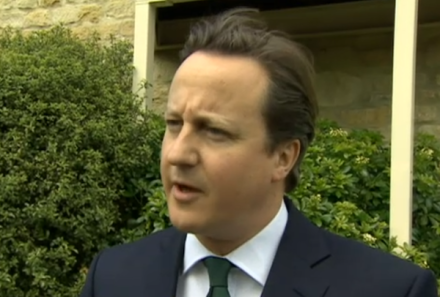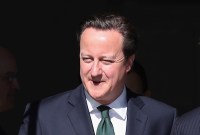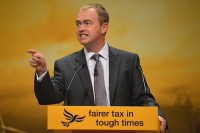Ministers hope to reassure backbenchers with Immigration Bill
One of the key bills to be announced in today’s Queen’s Speech is an immigration bill. This serves two key purposes: the first is to bring into legislation all those additional restrictions on access to public services for migrants that was briefed out following the Eastleigh by-election. The second is to answer Tory backbench concerns about deportation of foreign criminals. When it comes to restrictions for migrants – and these measures will, ministers hope, help calm nerves about the end of transitional controls on Bulgarian and Romanian nationals – temporary migrants will need to make a contribution before they can access the NHS, landlords will be required to check the
